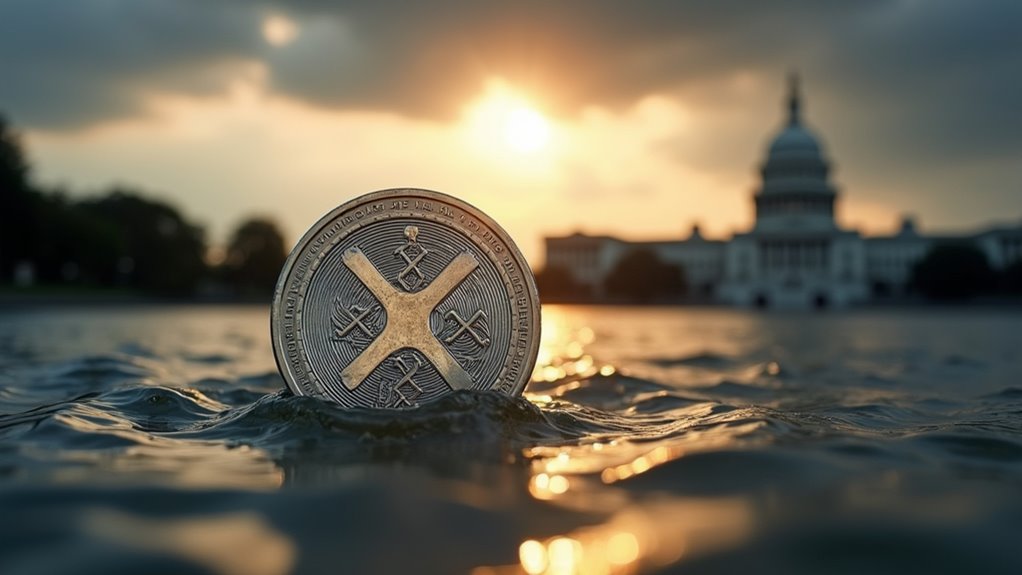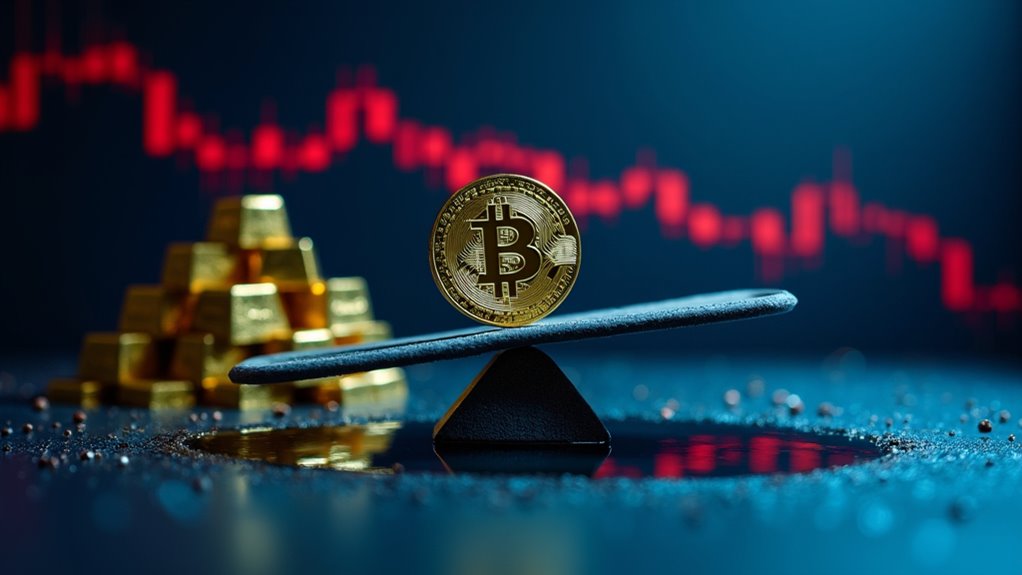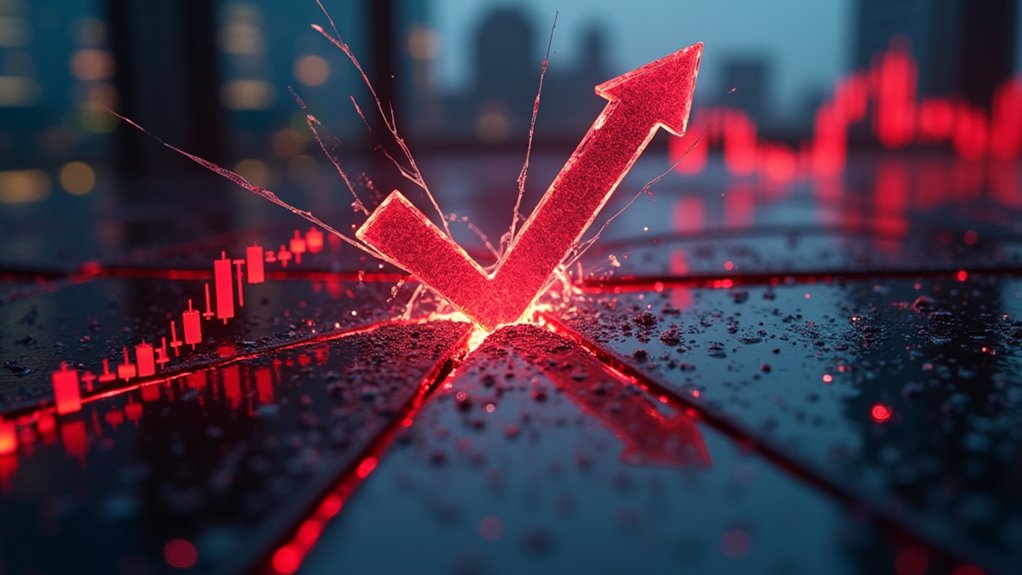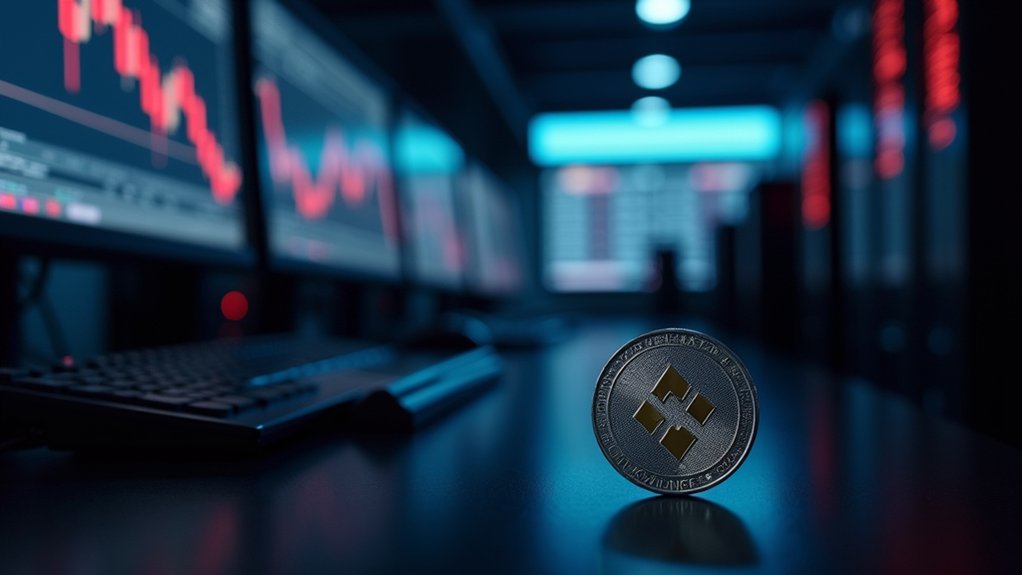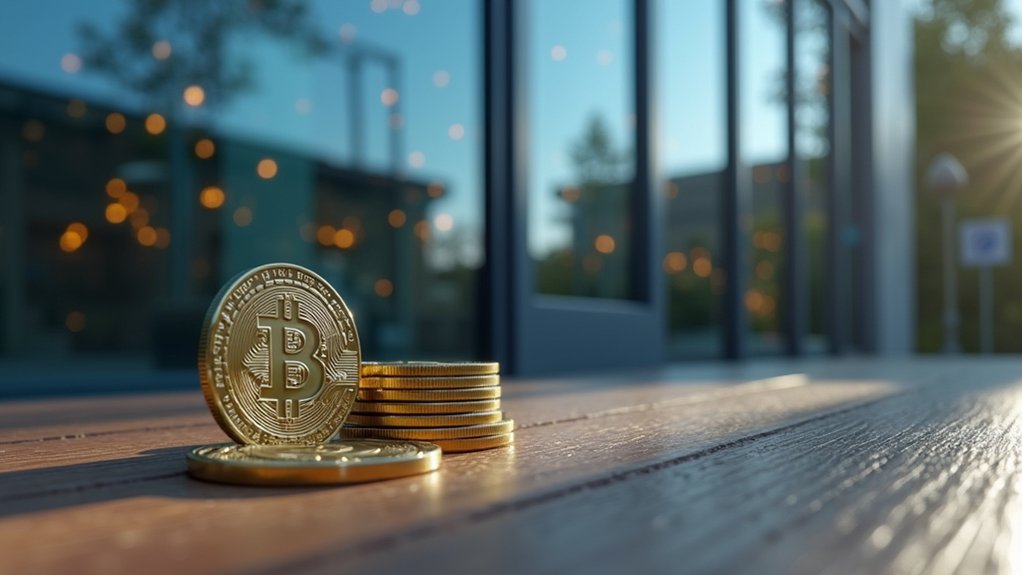The Securities and Exchange Commission has thrown in the towel on its years-long battle against Ripple Labs, signaling a significant moment in the cryptocurrency regulatory landscape.
After a grueling legal marathon that began in December 2020 with accusations of $1.3 billion in unregistered securities offerings, the SEC’s retreat marks a watershed victory for the blockchain payments company and perhaps the entire crypto industry.
In a dramatic turn of events this March, the SEC abandoned its appeal of Judge Analisa Torres‘ nuanced July 2023 ruling—a decision that sent ripples through regulatory waters by declaring that XRP tokens themselves aren’t inherently securities.
The judge’s careful distinction between different types of token sales created a legal blueprint that crypto companies are already rushing to follow like treasure hunters with a fresh map.
“This fight was never just about Ripple,” CEO Brad Garlinghouse told investors while the office champagne was still fizzing. “The SEC picked a battle they couldn’t win, and cryptocurrency innovation in America will breathe easier for it.” Garlinghouse’s public statement confirming the lawsuit’s dismissal reinforces Ripple’s narrative of regulatory overreach.
The withdrawal comes just months after Judge Torres ordered Ripple to pay a relatively modest $125 million penalty—pocket change compared to the SEC’s original $2 billion demand.
With transaction fees typically below 1% compared to traditional credit card fees of 3-4%, cryptocurrency payment systems are becoming increasingly attractive to merchants worldwide.
The court specifically rejected forcing Ripple to return profits, finding no evidence that institutional investors had suffered financial harm.
Most importantly, the judge’s differentiation between programmatic exchange sales (not securities) and institutional direct sales (securities) has created a path forward for token issuers.
This legal distinction centered on a fascinating detail: buyers on exchanges couldn’t reasonably expect profits from Ripple’s efforts if they didn’t even know Ripple was the seller.
The SEC’s retreat coincides with a broader pullback in aggressive crypto enforcement, leaving many wondering if the regulatory frost is finally thawing.
For Ripple, the victory feels like daybreak after a long night of uncertainty.
With this legal cloud lifted, the company can now focus on its cross-border payment solutions rather than courtroom battles—a development that both investors and innovators are celebrating with cautious optimism.
Following the news of the SEC’s withdrawal, XRP’s price experienced an impressive 10% price surge, demonstrating renewed investor confidence in the digital asset’s future prospects.
